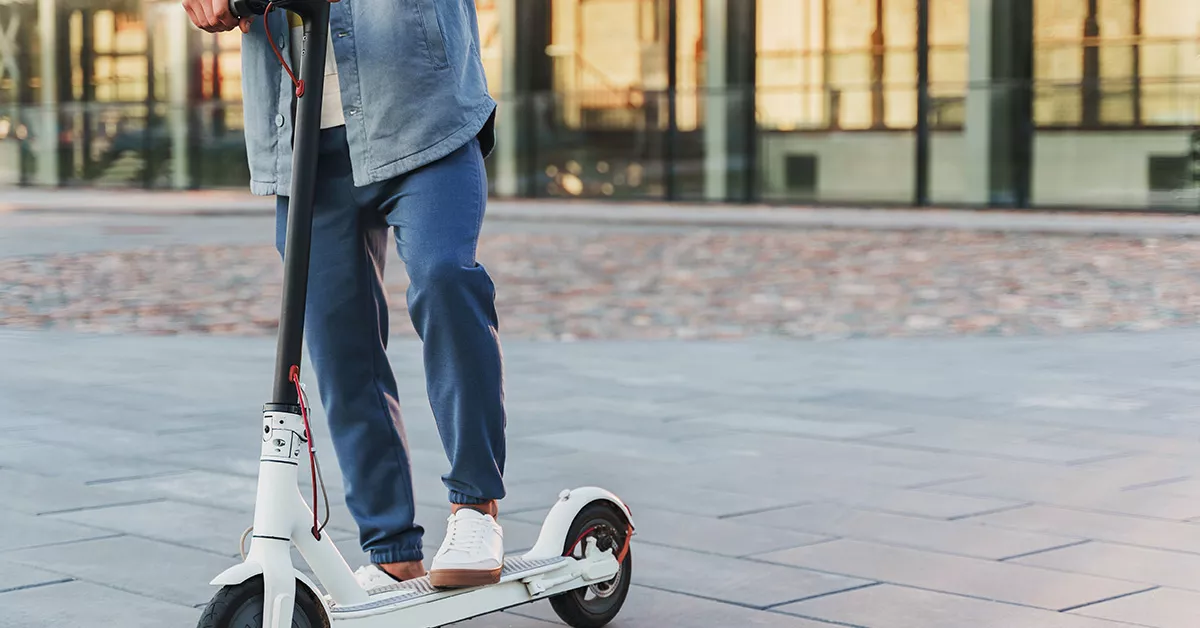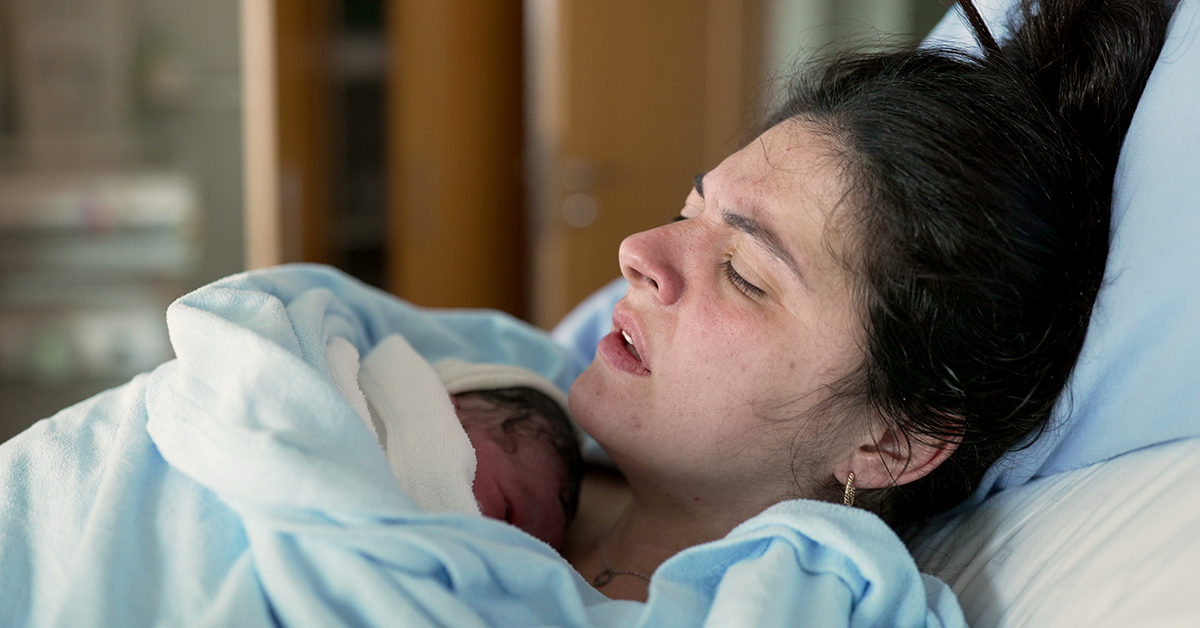Electric scooters, or e-scooters, have become increasingly popular among residents and visitors in cities throughout the United States. These vehicles are often particularly popular in dense cities such as Boston, where they represent a convenient alternative to driving or walking.
Watch The Video
However, it’s important to understand that e-scooter accidents can and do happen. Because an e-scooter rider isn’t protected by airbags or a seatbelt in most cases, victims of such accidents may sustain major injuries.
The rise of e-scooters and shared mobility in general has forced city governments in places like Boston to grapple with how to best regulate e-scooters. The goal is to ensure public safety and address concerns from residents. Because e-scooters are still relatively new, it’s possible the current regulations will evolve and adapt as their effectiveness is more thoroughly tested and understood.
Massachusetts E-Scooter Regulations
Massachusetts doesn’t yet have any statutes regarding e-scooters specifically. Instead, it has a law regulating all forms of motorized scooters. Currently, this law also applies to e-scooters.
Important takeaways from the statute include the following:
A person must possess a valid driver’s license or learner’s permit to operate an e-scooter
No one may operate an e-scooter in excess of 20 miles per hour
Someone operating a motorized scooter on a public roadway in Massachusetts has an assumed right to use a public road, with the exception of limited access or express state highways with posted signs prohibiting scooters, bicycles, and/or other such vehicles
Anyone operating an e-scooter must abide by all relevant traffic laws and regulations
Motorized scooter and e-scooter riders must keep to the right, including when they are passing a motor vehicle currently moving in the road’s travel lane
An e-scooter must have functioning turn signals and stop signals so that an operator can keep both hands on the handlebars
No one may operate an e-scooter after sunset or before sunrise
Anyone riding an e-scooter must wear protective headgear
No one operating an e-scooter may do so with a passenger
A person must possess a valid driver’s license or learner’s permit to operate an e-scooter
Essential Information About E-Scooter Regulations in Boston
Along with the general Massachusetts law, recently, Boston regulated e-scooters under a pilot program, which began in April 2021, with an initial ending in November 2021. The Boston Transportation Department (BTD) initiated the pilot program to evaluate the benefits and challenges of e-scooters in the city.
Under the pilot program, electronic scooters were only allowed on the streets, bike lanes, and shared-use paths. To guard against pedestrian accidents, they were prohibited on sidewalks.
The pilot program also required operators to park their scooters upright and to park them in a manner that ensured they didn’t block pedestrian access, building entrances, or emergency vehicles. Additionally, e-scooter companies operating in Boston were required to have 24-hour hotlines so that accidents and similar incidents could be reported.
The pilot program was met with mixed reactions from residents and city officials. Supporters of e-scooters argued they provide a convenient and affordable transportation option. Opponents expressed concern about safety and the potential for cluttered sidewalks.
E-Scooter Safety in Boston
Understandably, one of the primary concerns with e-scooters is safety of both riders and those with whom they share the road. Injuries from electronic scooter accidents can range from minor scrapes to severe head injuries.
Unfortunately, Boston saw its fair share of e-scooter accidents after the pilot program began. According to a report by the Boston Herald, electric scooter accident statistics: 39 e-scooter accidents reported in Boston in the first three months of the pilot program. Many of those accidents resulted in serious injuries or electric scooter deaths so take precautions and safe your life and others life.
The BTD has implemented a number of safety measures as part of the pilot program to address concerns. These include requiring e-scooter companies to provide safety education to riders, requiring helmets for all riders, and limiting the maximum speed of e-scooters to 15 miles per hour. Note, this is lower than the speed limit established under the Commonwealth’s statute.
Injured in an E-Scooter Accident? Help May Be Available
Once more, because e-scooters represent a fairly new form of transportation, e-scooter regulations may change as local governments have more time to assess what types of laws and policies maximize safety without placing unfair restrictions on e-scooter usage.
Just be aware, even if you’re a responsible e-scooter operator who makes a point of obeying all current Boston e-scooter laws, you could one day be harmed in an accident resulting from the negligence of others. Additionally, if you’re a pedestrian or motorist sharing the road with an irresponsible e-scooter operator, you could be involved in an accident that leaves you with major injuries.
You may be eligible for financial compensation in either of these circumstances. For more information, review your case with a Boston e-scooter accident attorney.
At Swartz & Swartz, P.C., we’ll evaluate your case, explain whether you have grounds to file a claim or lawsuit, and provide aggressive representation if you decide to hire us. For more information about what we can do for you, contact us online or call us at (617) 742-1900.
Need Help?
If you or someone you know, needs help from a lawyer, contact the law offices of Swartz & Swartz, use our live chat, or send us a message using the form below and we’ll get in touch to assess your case and how we can help.
Keep Reading
Want more? Here are some other blog posts you might be interested in.




